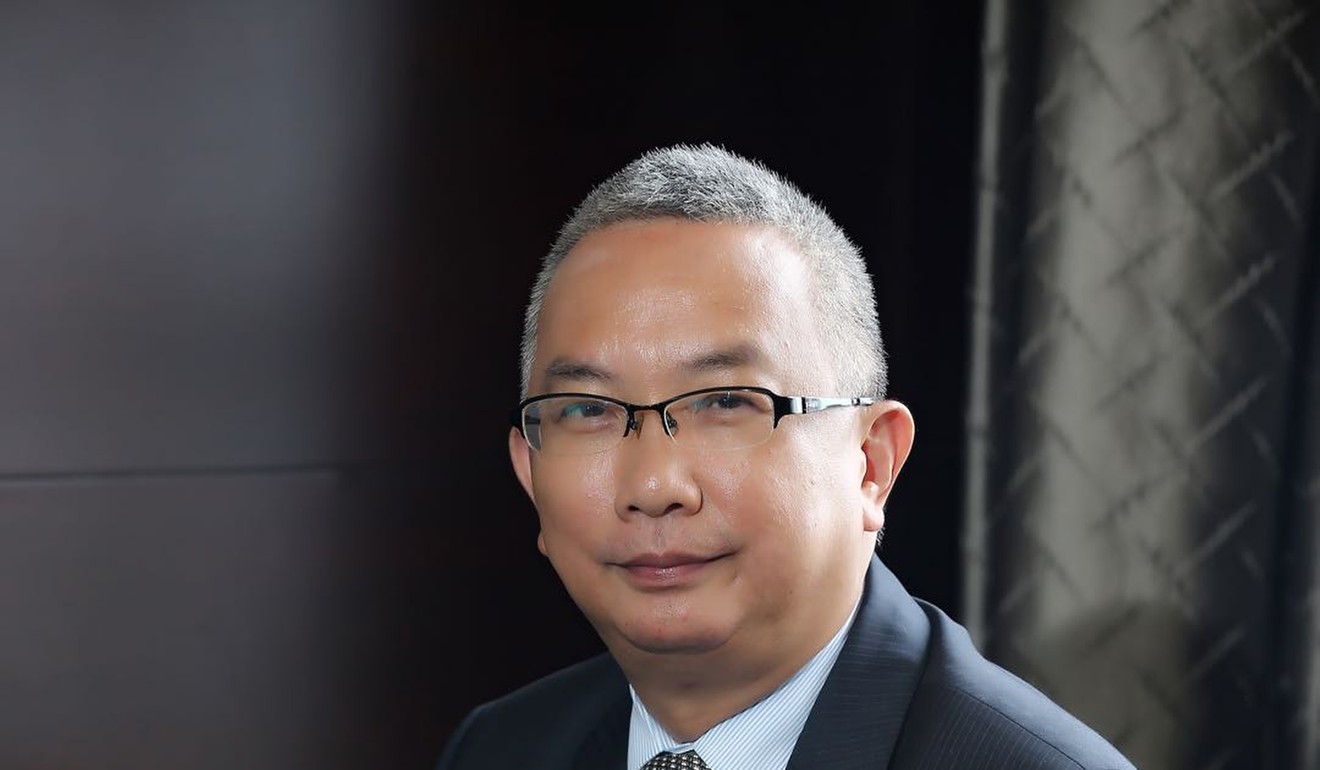
Greenland to boost hotel management services, says appetite for luxury services in China is just beginning
Untapped consumers are key to future growth for luxury hotels in mainland China, according to Greenland International Hotels Group
Greenland Holdings, the state-owned Chinese developer, is seeking to expand its hotel management business into a major international brand, leveraging the nation’s rising affluence and Beijing’s roll-out of the Belt and Road Initiative.
Raymond Lee, general manager of Greenland International Hotels Group, said the company plans to boost the number of hotels it manages to 200 by 2020, up from about 100 currently.
“We are well on the way to building a large hotel management firm,” he said. “When we have a big scale of businesses, we will be able to have an influence on the global hospitality sector.”
Shanghai-based Greenland is a state-owned developer with a track record in building mega projects such as mixed-use developments.
Greenland’s hotel unit manages its own properties, including those in the US and Australia. It also provides contract management services for external hotel operators with properties based in Cambodia, Thailand and Canada.
“I hope we can win some deals outside Asia in 2018,” Lee said. “The Belt and Road Initiative gives us lots of opportunities.”
China’s plan to revive trade development under the belt and road strategy will provide overland corridors and sea routes with 65 countries.
Infrastructures projects such as roads, power plants and ports will be built along the routes, giving Chinese service companies, including hotel managers and theme park operators, abundant opportunities to expand their businesses.

“We will attempt to export our luxury brand Primus to overseas markets,” Lee said. “My ambition is to achieve three to four new signings outside China in 2018.”
Greenland International Hotels has a wide range of brands including the premier brand Primus, Q Hotel and Qube Hotel.
Its hotel portfolio will eventually include 10 brands for different segments in the hospitality industry.
Greenland Holdings rose into international prominence when it started expanding to overseas markets in early 2010s as an increasing number of mainlanders began migrating, studying, investing and travelling abroad.
Over the past two years, the developer has been diversifying into e-commerce and finance to cut its reliance on property.
It is now building a large cross-border e-commerce platform to tap Chinese demand for imported consumer products, ranging from food and clothing, to beauty and baby products.
In China, worries about a supply-demand imbalance in the hotel industry have been mounting since 2010, as more rooms came on the market.
Lee, who has spent 30 years in the hotel industry, brushed aside concerns about a potential supply glut.
“Most Chinese people have never stayed in a five-star hotel in their lives,” he said. “Compared to the US, China’s hotel market is still underdeveloped.”
On the mainland, tariffs of about 500 yuan (US$79.37) per night at a four or five-star hotel has proven attractive among middle-class travellers.
“At the home market, we have our own advantages over international brands because we know the market and customers’ demand better,” Lee said. “To become a global player, we need to focus on building a team of high-calibre managers now.”

